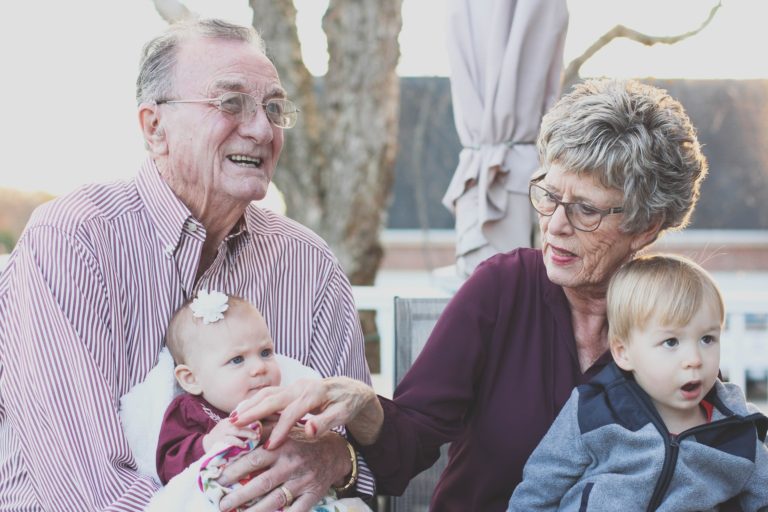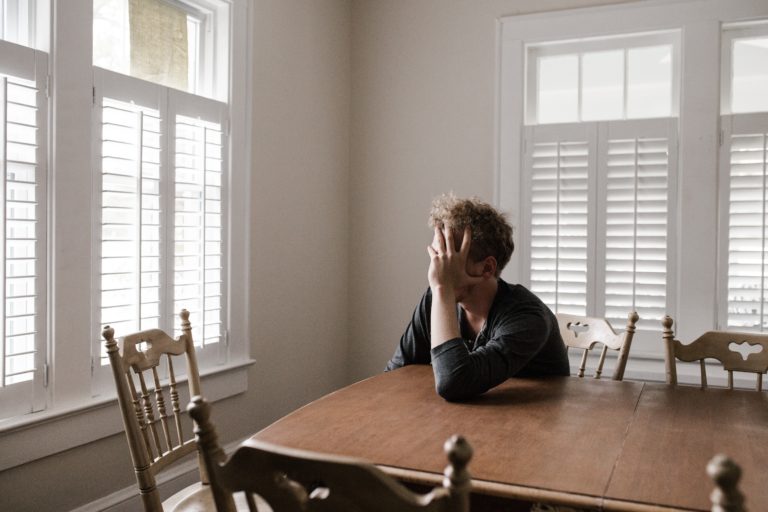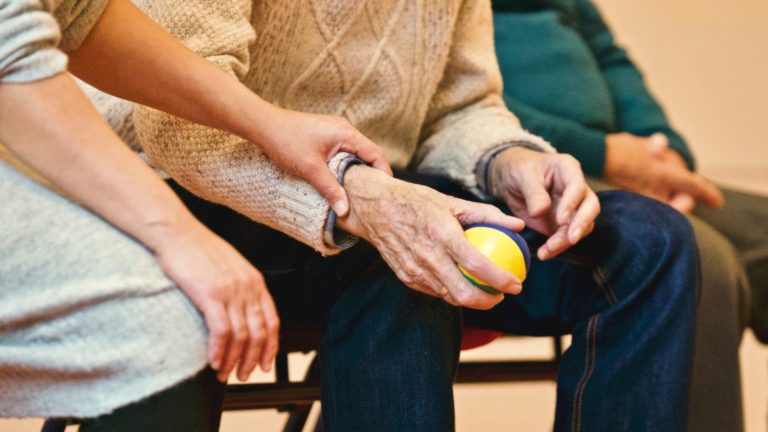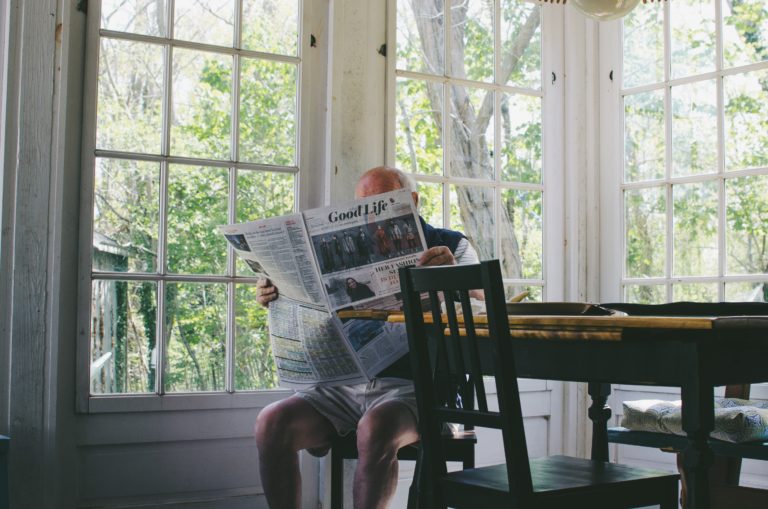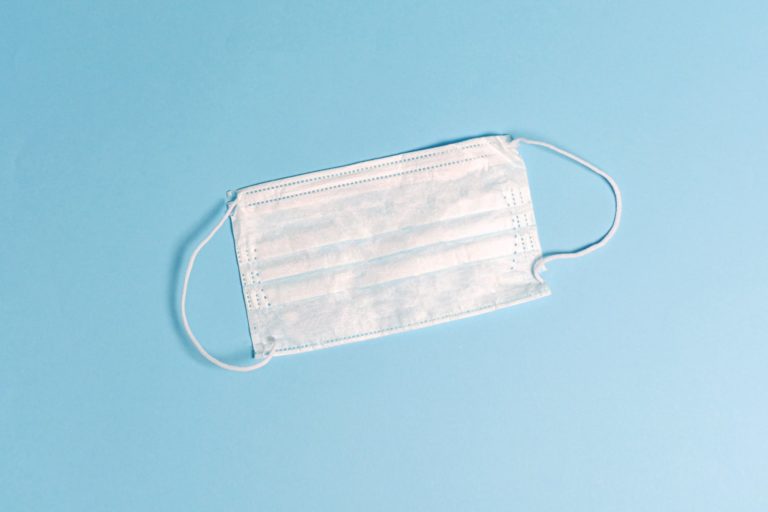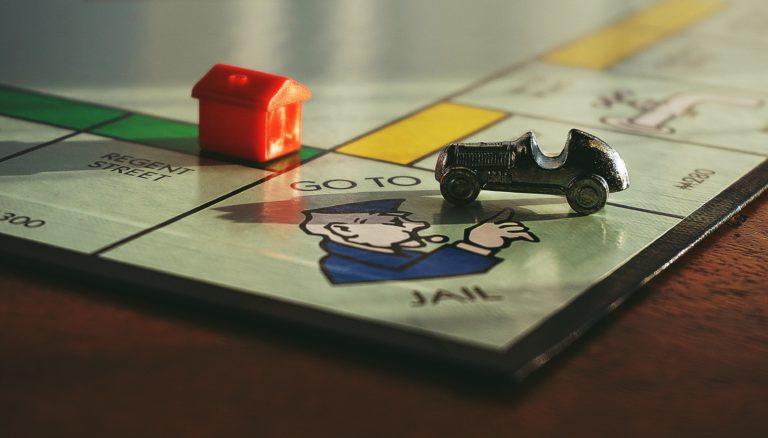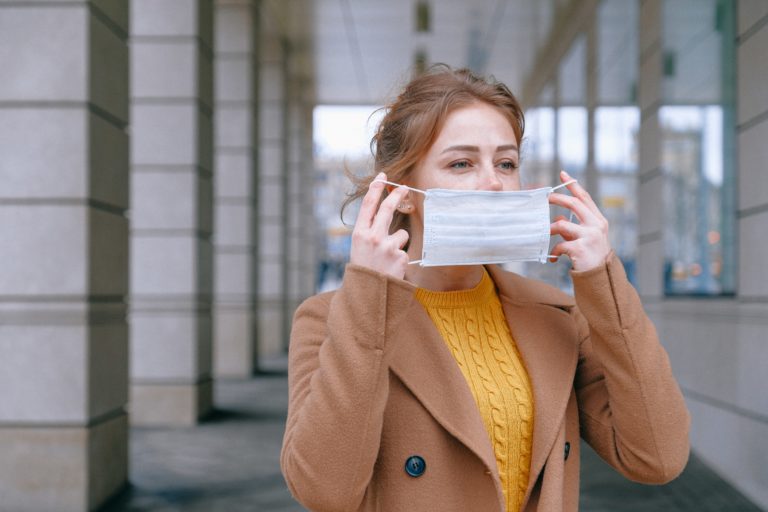
Visiting Grandma at the Nursing Home
In spots where visits have resumed, they’re much changed from those before the pandemic. Nursing homes must take steps to minimize the chance of further transmission of COVID-19. The virus has been found in about 11,600 long-term care facilities, causing more than 56,000 deaths, according to data from the Kaiser Family Foundation.
AARP’s recent article entitled “When Can Visitors Return to Nursing Homes?” explains that the federal Centers for Medicare and Medicaid Services (CMS) has provided benchmarks for state and local officials to use, in deciding when visitors can return and how to safeguard against new outbreaks of COVID-19 when they do. The CMS guidelines are broad and nonbinding, and there will be differences, from state to state and nursing home to nursing home, regarding when visits resume and how they are handled. Here are some details about the next steps toward reuniting with family members in long-term care.
When will visits resume? As of mid-July, 30 states permitted nursing homes to proceed with outdoor visits with strict rules for distancing, monitoring and hygiene. The CMS guidelines suggest that nursing homes continue prohibiting any visitation, until they have gone at least 28 days without a new COVID-19 case originating on-site (as opposed to a facility admitting a coronavirus patient from a hospital). CMS says that these facilities should also meet several additional benchmarks, which include:
- a decline in cases in the surrounding community
- the ability to provide all residents with a baseline COVID-19 test and weekly tests for staff
- enough supplies of personal protective equipment (PPE) and cleaning and disinfecting products; and
- no staff shortages.
Where visits are permitted, it should be only by appointment and in specified hours. In some states, only one or two people can visit a particular resident at a time. Even those states allowing indoor visits are suggesting that families meet loved ones outdoors. Research has shown that the virus spreads less in open air.
Health checks on visitors. The federal guidelines call for everyone entering a facility to undergo 100% screening. However, the CMS recommendations don’t address testing visitors for COVID-19.
Masks. The federal guidelines say visitors should be required to “wear a cloth face covering or face mask for the duration of their visit,” and states that allow visitation are doing so. The guidelines also ask nursing homes to make certain that visitors practice hand hygiene. However, it doesn’t say whether facilities should provide masks or sanitizer.
Social distancing. The CMS guidelines call on nursing homes that allow visitors to ensure social distancing, but they don’t provide details. States that have permitted visits, state that facilities enforce the 6-foot rule.
Virtual visits. Another option is to make some visits virtual. Videoconferencing and chat platforms have become lifelines for residents and families during the pandemic. Continued use after the lockdowns can minimize opportunities for illness to spread.
Reference: AARP (July 22, 2020) “When Can Visitors Return to Nursing Homes?”

